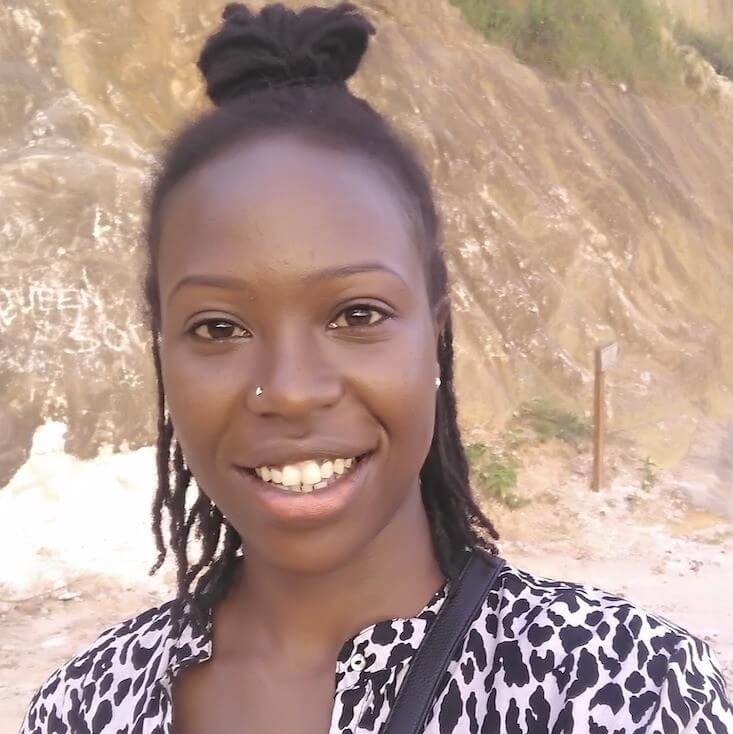What is your educational background?
I first came to the UK to pursue my undergraduate degree. In 2010, I obtained my BSc (Hons) in Human Genetics fromthe University of Leeds. I then went on to do an MSc in Molecular Biotechnologyat the University of Birmingham, where I gained further interest in immunologyand microbiology. A few years later, I was fortunate to attend the Universityof Birmingham again for my doctoral studies. My PhD project focused onidentifying variation in host macrophage responses to Cryptococcus neoformans.
What is your current occupation?
I currently work as a Postdoctoral Research. The project I am working on involves identifying and testing new compounds from the cannabis plant that could potentially be used as immunotherapies towards a variety of immune disorders.
What or who got you into STEM?
I have always had a love for science since childhood. During secondary school, an inspirational teacher encouraged me topursue a career in research after realizing how inquisitive about biology I was.
What is the biggest challenge/barrier you have faced as an African in STEM?
The constant struggle to obtain visas to either attend conferences or gain employment. Also, aside from culture shock,it was difficult to envisage my career path in a field with unknown/few African role models.
How do you think your background/upbringing has been beneficial in your journey/career?
My background taught me to be resilient and goal-oriented. I believe these traits help me along my journey.
How do you think we can start to change the narrative surrounding African contributions
to global STEM research & careers?
Nations should include current and past African scientists and their contributions to STEM in school curricula. I also think more public engagements with African STEM researchers will help to change the narrative.
What advice would you like to give to young, aspiring Africans in STEM?
Your dreams are valid and achievable. Where there is a will, there is a way…





